As the fashion industry continues to evolve, sustainability has become a key focus, and consumers are increasingly seeking out eco-friendly alternatives without sacrificing style or quality. Among these options are sustainable shearling coats—luxurious outerwear that offers warmth, style, and comfort, while also being kinder to the environment. Traditionally, shearling coats were made from sheepskin, a material that has raised concerns due to its environmental impact. However, with advancements in sustainable practices and materials, eco-conscious brands are offering alternatives that allow you to stay warm while supporting ethical and sustainable fashion choices. Here’s a closer look at sustainable shearling coats and how they are changing the landscape of winter fashion.
What Makes Shearling Sustainable?
Traditionally, shearling is made from sheepskin—an animal byproduct obtained from the wool industry. While shearling is a durable and warm material, it does have a significant environmental footprint. The process of raising livestock, tanning the leather, and dyeing the wool can contribute to pollution, water waste, and unethical treatment of animals. However, sustainable shearling coats aim to reduce these impacts through alternative materials, ethical practices, and eco-conscious manufacturing processes.
Sustainable shearling coats can be made from:
- Recycled Shearling: Some brands now use recycled shearling sourced from pre-loved garments, which helps reduce waste and lower the carbon footprint associated with producing new materials. This recycled shearling retains the warmth and quality of the original material but avoids the need for new animals to be raised for their skin.
- Vegan Shearling: For those looking for a completely animal-free option, vegan shearling coats are a fantastic alternative. These coats are made from synthetic or plant-based fibers designed to mimic the softness and warmth of traditional shearling. Materials like faux sheepskin, bamboo-based textiles, and mushroom leather are all being used to create cruelty-free, eco-friendly shearling alternatives.
- Ethically Sourced Shearling: Some brands are committed to using shearling that is ethically sourced, where the animals are treated humanely, and the environmental impact is minimized. This includes ensuring that the leather is tanned using eco-friendly processes and the wool is sourced from sheep raised in ethical, free-range environments.
- Tannery Innovations: The tanning process is a major contributor to the environmental impact of shearling coats, as traditional tanning methods often use toxic chemicals. Some sustainable brands now employ vegetable tanning or chrome-free tanning methods, which use natural plant-based substances and reduce harmful waste and chemicals.
The Benefits of Sustainable Shearling Coats
- Eco-Friendly Production: By opting for recycled or vegan shearling, you help minimize waste and reduce the demand for new resources. Sustainable materials often use less water and energy during production, and the use of renewable or plant-based fibers reduces the dependency on non-renewable resources.
- Cruelty-Free Fashion: Choosing vegan shearling or ethically sourced wool helps ensure that no animals are harmed in the production of your winter coat. Many eco-conscious brands focus on ensuring the ethical treatment of animals and workers, offering consumers peace of mind while wearing their garments.
- Durability and Longevity: Sustainable shearling coats are designed to last longer than fast fashion alternatives. The higher quality and attention to craftsmanship mean that your coat can withstand many winters of use. Purchasing durable outerwear reduces the need for constant replacements, which contributes to less waste over time.
- Low Environmental Impact: Sustainable shearling often utilizes plant-based or recycled fibers, reducing the amount of plastic waste associated with traditional synthetic materials. Additionally, by choosing eco-friendly tanning processes, the environmental burden associated with leather production is reduced, making these options more sustainable overall.
How to Identify a Sustainable Shearling Coat
When shopping for a sustainable shearling coat, there are several factors to look for to ensure you’re making an eco-friendly choice:
- Material Transparency: Look for brands that clearly state where their materials are sourced from. Whether it’s recycled wool, plant-based fibers, or vegan leather, transparency helps consumers make informed choices.
- Certifications: Check for certifications like Global Organic Textile Standard (GOTS), Global Recycled Standard (GRS), or OEKO-TEX Standard 100, which indicate that the product meets specific environmental and ethical criteria.
- Ethical Manufacturing Practices: Sustainable brands often highlight their commitment to ethical labor practices and reduced environmental impact in their production process. Look for companies that prioritize fair wages, safe working conditions, and waste-reducing production methods.
- Longevity: Consider the longevity of the coat. High-quality materials, timeless designs, and durability are key indicators of a sustainable investment. A well-made shearling coat is likely to last for many years, reducing the need for replacement and minimizing waste.
Sustainable Shearling Coat Brands to Consider
Several brands are leading the charge in creating luxurious, sustainable shearling coats that combine warmth, style, and eco-conscious practices. Here are a few notable examples:
- Patagonia: Known for its commitment to sustainability, Patagonia offers outerwear made from recycled materials and ethically sourced wool. Their coats are designed to last and are built with eco-friendly production processes in mind.
- Nanushka: This brand offers vegan shearling coats made from plant-based alternatives like mushroom leather. Nanushka’s designs are chic, modern, and cruelty-free, making them a popular choice for sustainable fashion lovers.
- Stella McCartney: A pioneer in ethical fashion, Stella McCartney uses plant-based fibers and faux shearling to create luxurious, high-end winter coats. The brand focuses on sustainability while maintaining a focus on style.
- Faux Real: Faux Real specializes in vegan shearling coats made from high-quality faux materials. Their collections are fashionable, cruelty-free, and environmentally conscious, offering a stylish alternative to traditional shearling coats.
- Mujjo: Known for its commitment to using sustainable materials, Mujjo produces shearling-style coats made from recycled fabrics. Their coats are functional, durable, and designed with eco-conscious consumers in mind.
Conclusion
Sustainable shearling coats offer the perfect combination of warmth, luxury, and eco-friendly materials. Whether you choose recycled shearling, vegan alternatives, or ethically sourced wool, investing in a sustainable coat ensures that you’re making a positive impact on both the environment and the fashion industry. By opting for these eco-conscious options, you can stay cozy during the winter months while supporting a greener, more ethical approach to fashion. So, the next time you’re in the market for a winter coat, consider choosing a sustainable shearling option that will not only keep you warm but also contribute to a more sustainable future.
-
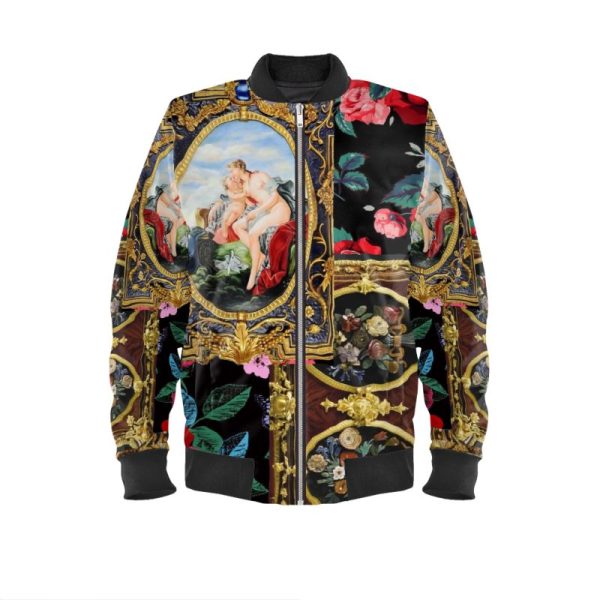 Satin Designer Bomber Jacket$448
Satin Designer Bomber Jacket$448 -
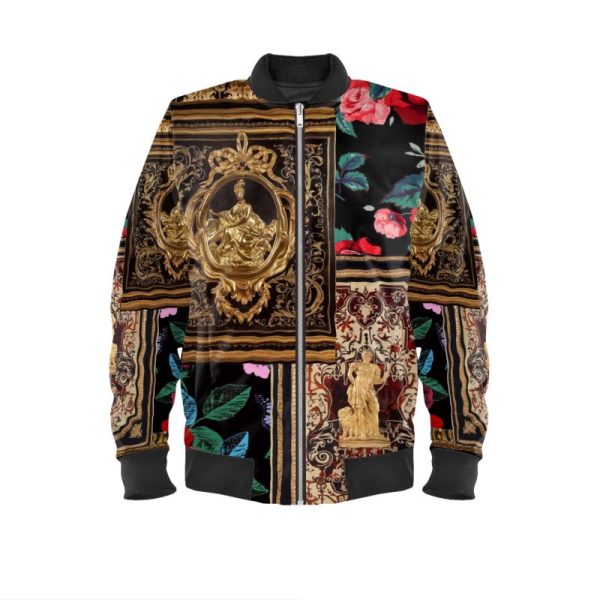 Satin Designer Bomber Jacket$448
Satin Designer Bomber Jacket$448 -
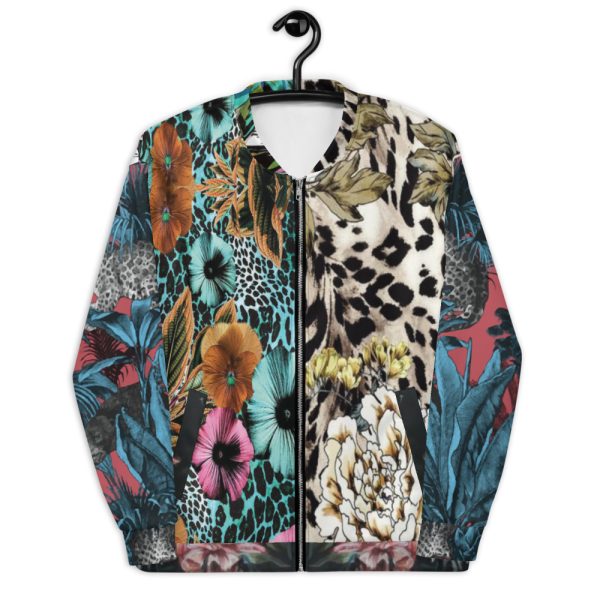 Bomber Jacket | Designer Luxury For Women & Men | Navy Blue Floral Red Turquoise$158
Bomber Jacket | Designer Luxury For Women & Men | Navy Blue Floral Red Turquoise$158 -
 Bomber Jacket | Designer Luxury For Women & Men | White Gold$158
Bomber Jacket | Designer Luxury For Women & Men | White Gold$158 -
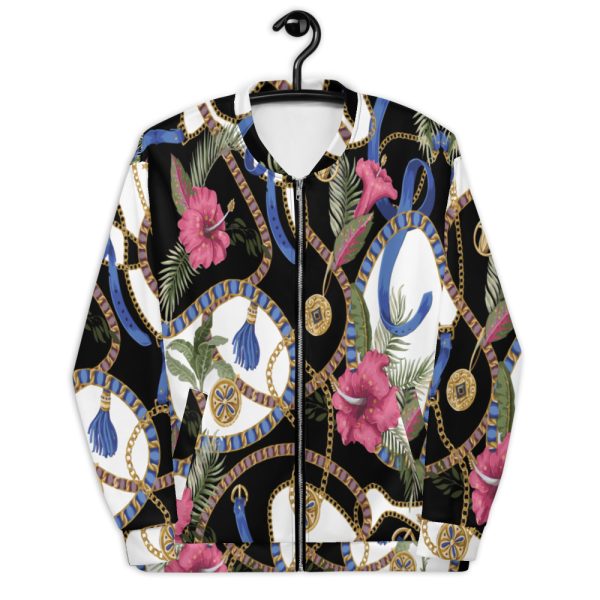 Bomber Jacket | Designer Luxury For Women & Men | Floral White Black$158
Bomber Jacket | Designer Luxury For Women & Men | Floral White Black$158 -
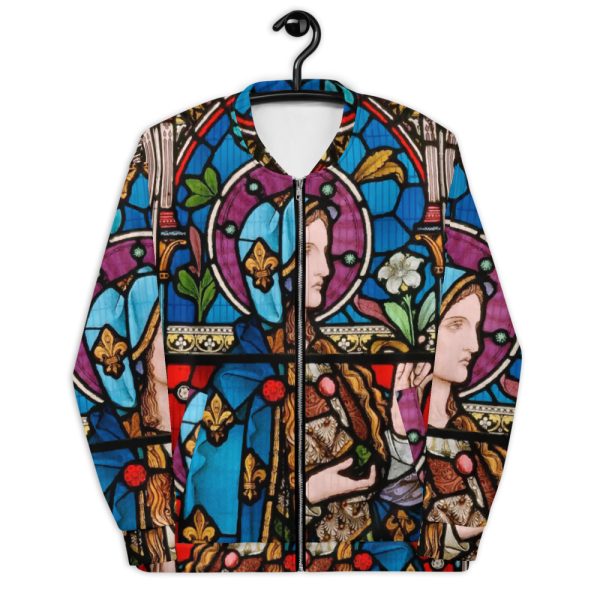 Bomber Jacket | Designer Luxury For Women & Men | Blue Purple Gold$158
Bomber Jacket | Designer Luxury For Women & Men | Blue Purple Gold$158 -
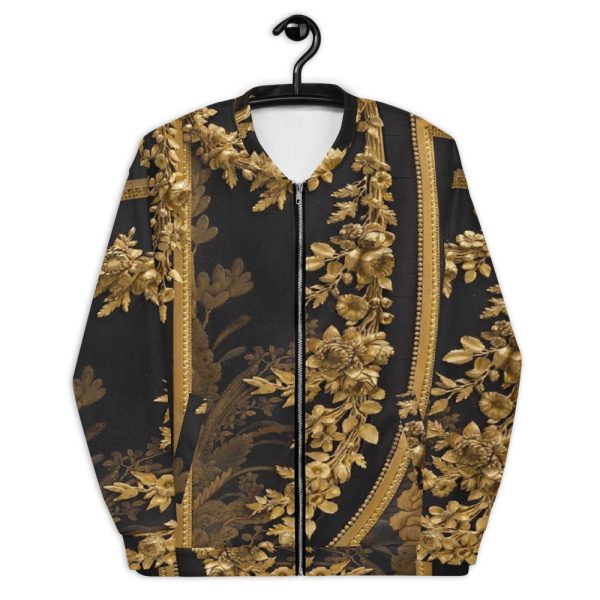 Bomber Jacket | Designer Luxury For Men & Women | Black Gold Baroque$158
Bomber Jacket | Designer Luxury For Men & Women | Black Gold Baroque$158 -
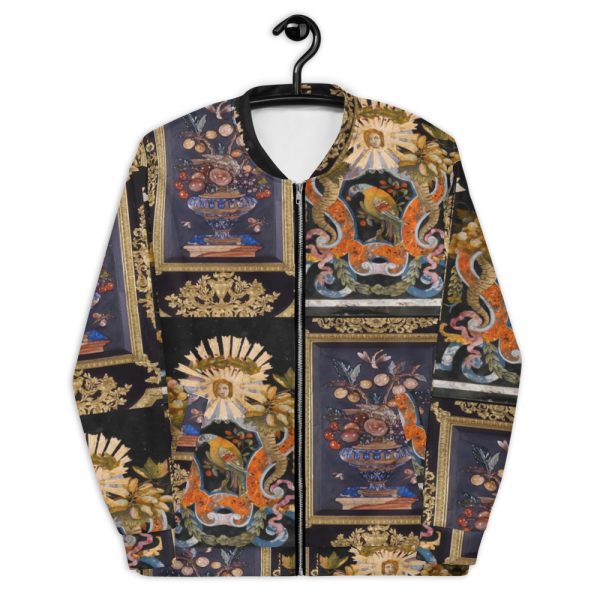 Bomber Jacket | Designer Luxury For Women & Men | Black Gold$158
Bomber Jacket | Designer Luxury For Women & Men | Black Gold$158 -
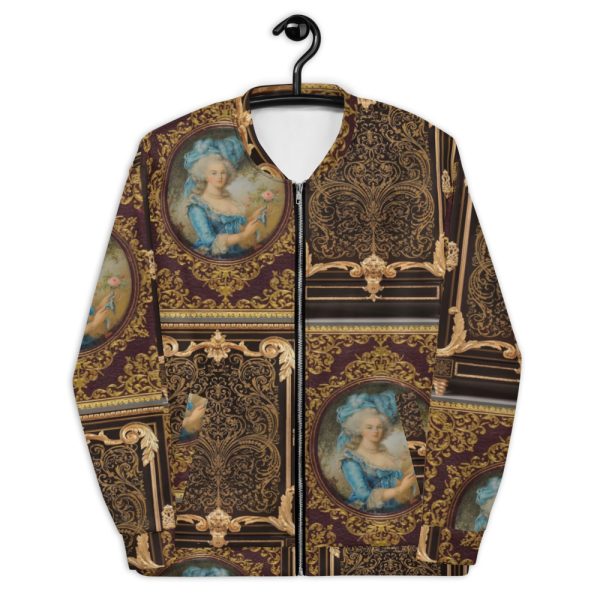 Bomber Jacket | Designer Luxury For Women & Men | Gold$158
Bomber Jacket | Designer Luxury For Women & Men | Gold$158
